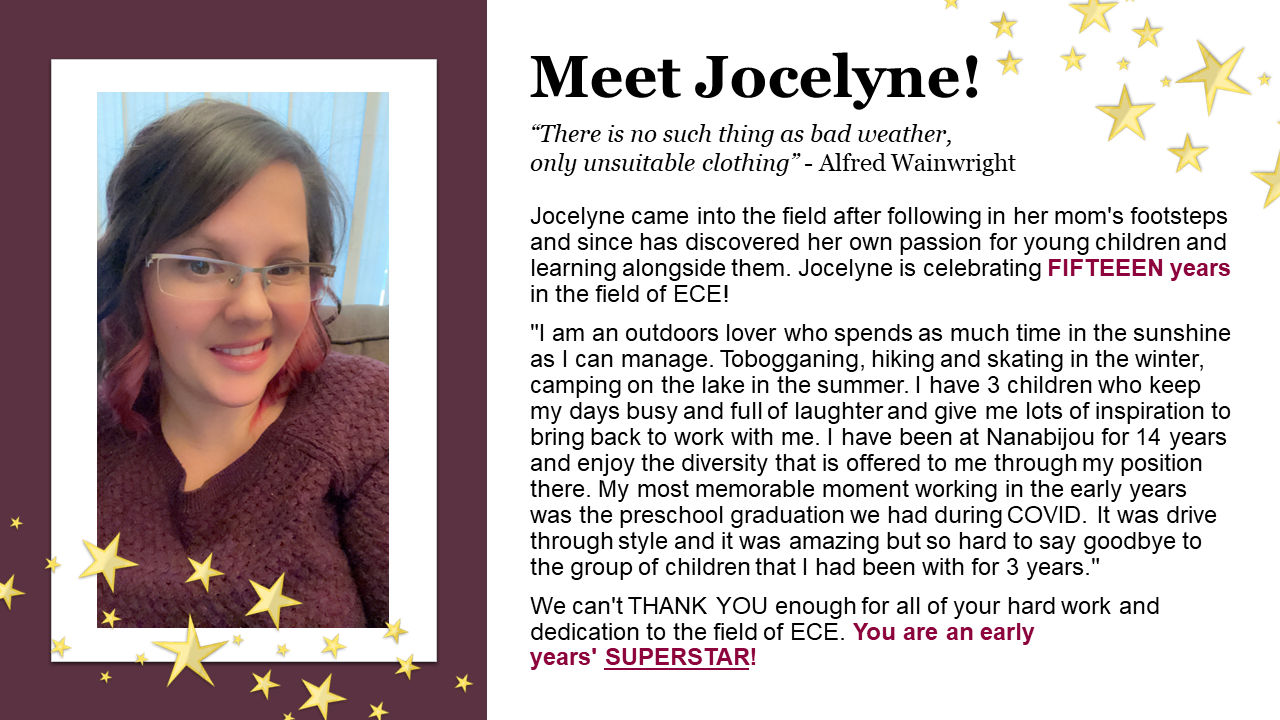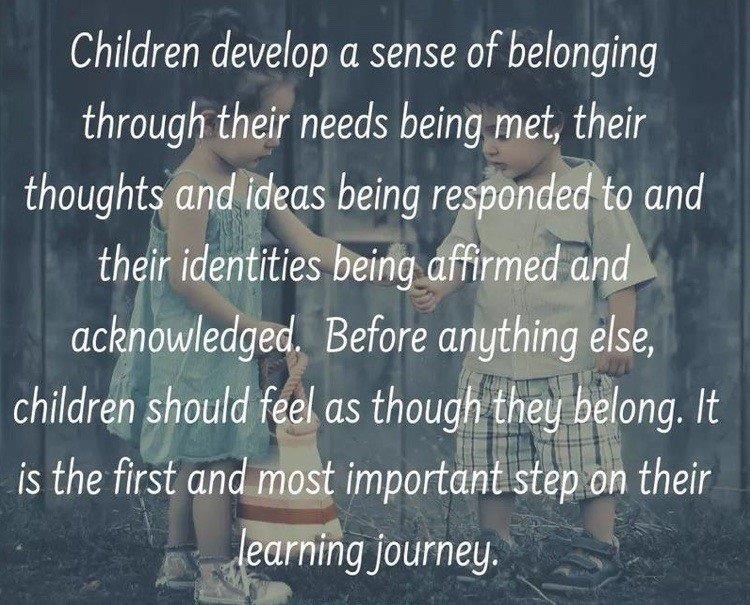
Category: Quotes
COMBAT ANTI-BLACK RACISM
ÔÇťThere are many actions we can and must take to start to eliminate anti-Black racism in Canada and drive lasting change. It starts on the individual level, where we encourage Canadians to speak up, identify inequities, commit to action, and become allies in the movement for change.ÔÇŁ ÔÇô Civic Action, 2020
Three Things You Can Do To Help Combat Anti-Black Racism
Source: ┬╗ anti-Black Racism Social Action Cards from Centennial College and City of Toronto
 1. Acknowledge how racism has shaped you
Racism is like an invisible gas that we all breathe. Whether we benefit from it or internalize messages that harm us, racism shapes our thinking and actions, often unconsciously, even if we donÔÇÖt want it to. Once we acknowledge that, we can begin to explore how we contribute to the problem and what we might do to stop it.
2. Educate yourself
Become aware of the holes in your knowledge. Once you are aware of the holes, it is your responsibility to begin filling them in.
3. Speak up and do your part
Too often, the job of speaking out against racism is left to people of colour. This is unfair. To be effective, all people must be willing to do a good part of the heavy lifting.
Quote: Listening
ÔÇťListening is a complex state. It involves the abandoning of oneself as we come to know that we are only one being within this vast universeÔÇŁ
CARLINA RINALDI, 2001
View our Calendar for upcoming events!
International Women’s Day

Did you know that 97% of CanadaÔÇÖs early learning and child care workforce are women? We wanted to take the time today to say how grateful we are to work alongside so many amazing women who are supporting children and families in our community!
Quote: Challenge & Complexity

Quote

What is Pedagogy?
The College of Early Childhood Educators developed a Practice Guideline in July 2020 on Pedagogical Practice. In this Practice Guideline, the College defines pedagogy as follows:
ÔÇťPedagogy is the understanding of how learning takes place and the philosophy and practice that supports that understanding of learning. Pedagogical thought is growing in complexity and must consider diverse and changing contexts (Vintimilla, 2019). Across Canada, and internationally, there are growing theoretical and practical discussions that describe pedagogy as a way of being that sparks conversations about life, the environment, community and relationships (CECE, 2020, p. 4).ÔÇŁ
As you reflect on this definition of pedagogy, we encourage you to consider:
- Does this definition resonate with you?
- Would you define pedagogy in a different way? If so, how?
- In what ways are you currently involved in pedagogical practice?
We welcome you to share your thinking with us below.
Mr. Rogers Quote

Dalai Lama Quote

Quote
ÔÇťThe toy in the childÔÇÖs hand is alive.ÔÇŁ
-Magda Gerber




